 https://steponecharity.co.uk/wp-content/uploads/2025/09/Website-News-Headers-2024-1.png
355
700
Isaac Mann
https://steponecharity.co.uk/wp-content/uploads/2024/02/step-one-wellbeing.svg
Isaac Mann2025-09-12 09:52:112025-09-12 09:52:11Walking for a Cause: The Journey Behind the 300,000 Steps
https://steponecharity.co.uk/wp-content/uploads/2025/09/Website-News-Headers-2024-1.png
355
700
Isaac Mann
https://steponecharity.co.uk/wp-content/uploads/2024/02/step-one-wellbeing.svg
Isaac Mann2025-09-12 09:52:112025-09-12 09:52:11Walking for a Cause: The Journey Behind the 300,000 StepsJanuary’s third Monday, ‘Blue Monday’, is thought to be the most depressing day of the year. Spoiler: it isn’t. Despite it trending every year since 2004, there is no real scientific evidence to support that the third Monday of the first month must be more depressing than any other day. Here’s why.
Blue Monday is a trend
Blue Monday is a PR stunt that was originally dreamed up to sell holidays. The myth is based on things like bleak weather, making up for the money spent at Christmas, not keeping to your new year’s resolutions, going back to work and the general doom and gloom. Ever since, travel, fitness and wellbeing companies have profited from these ideas by promoting things to supposedly improve our lives, often with a complete lack of evidence.
Seasonal changes can impact your mental health
Even though Blue Monday isn’t real, there can be seasonal variations in our mental health. Some people might be experiencing Seasonal Affective Disorder with symptoms of depression that come and go in a seasonal pattern (which are usually more intense in the winter months). SAD can affect our hormones and impact our sleeping and eating habits as well as our mood.
If you or somebody you know may be affected by Seasonal Affective Disorder, try doing the following:
- Try to get as much natural sunlight as possible – even a brief lunchtime walk can be beneficial
- Make your work and home environments as light and airy as possible
- Sit near windows when you’re indoors
- Take plenty of regular exercise, particularly outdoors and in daylight – read more about exercise for depression
- Eat a healthy, balanced diet
- If possible, avoid stressful situations and take steps to manage stress
If you feel that the above is not working, please contact the following:
Rethink Mental Illness
Phone: 0300 5000 927 (Mon to Fri, 9:30am to 4pm)
Website: www.rethink.org
Samaritans
Phone: 116 123 (24-hour helpline)
Website: www.samaritans.org.uk
Mind
Phone: 0300 123 3393 (Mon to Fri, 9am to 6pm)
Website: www.mind.org.uk
YoungMinds
Phone: 0808 802 5544 (Mon to Fri, 9:30am to 4pm)
Website: www.youngminds.org.uk
We should be thinking about mental health every day of the year
Perhaps the underlying meaning of Blue Monday is that we all have mental health, and there are actions we can take to protect it every day of the year. We should be thinking about our mental health every day of the year, not just on January 17th this year. Depression and other mental health issues don’t go away in a day’s time. Mental health issues may affect people in a variety of ways on any given day of the year.
Our generation’s greatest public health concern is poor mental health. Under the influence of companies that want to convert mental health into an on-trend issue for profit, trivialising signs of depression, anxiety, and other mental health disorders is unacceptable. Our strategy should be evidence-based and place a strong emphasis on prevention.
Things we can do to protect our mental health
- Talking about your feelings and asking for help is part of taking charge of your mental health:
This year, Samaritans are holding ‘Brew Monday’ to replace the negative connotations of ‘Blue Monday’ and emphasise that we all have our individual good and bad days.
Brew Monday is all about reaching out and connecting with friends, family, colleagues and loves ones whilst sharing a cuppa. It gives you the chance to open up and share your feelings as well as most importantly, listening to others.
For more information about how to host your own Brew Monday, please click here. - Try and keep active and eat well: Regular exercise can boost your self-esteem, confidence and help you concentrate and sleep as it keeps the brain and other vital organs healthy. Alongside exercising, it’s also just as important to maintain a balanced diet because a diet that’s good for your physical health is also good for your mental health.For more information on maintaining a balanced, healthy diet, click here.
- Drink sensibly: Drinking alcohol changes our mood. Some people drink alcohol as it acts as a coping mechanism to fight fear, loneliness and depression. When the drink wears off, the withdrawal symptoms affect your brain and the rest of your body, making you want to do it more. There are healthier ways of coping with tough times.
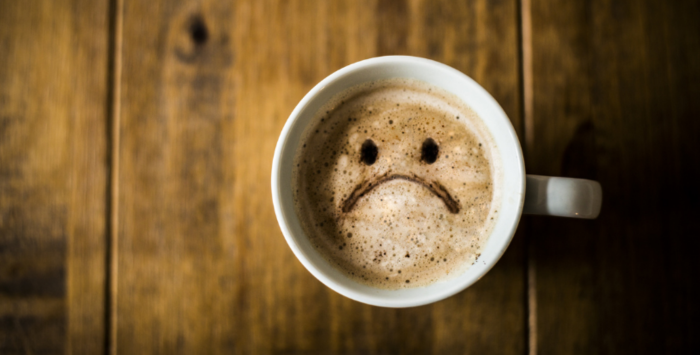
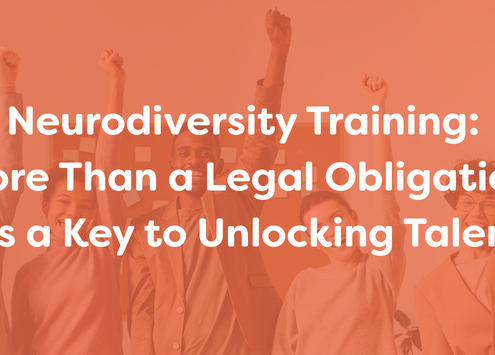

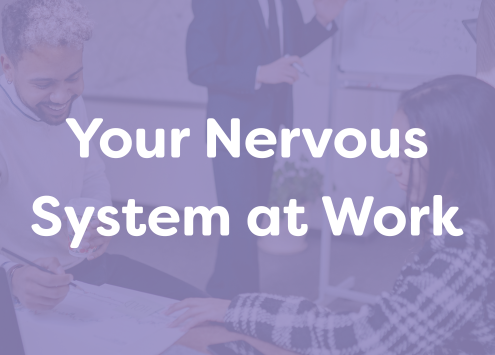
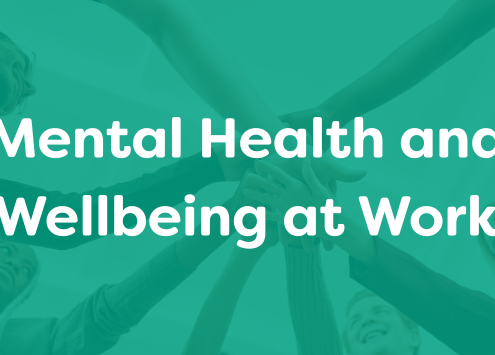


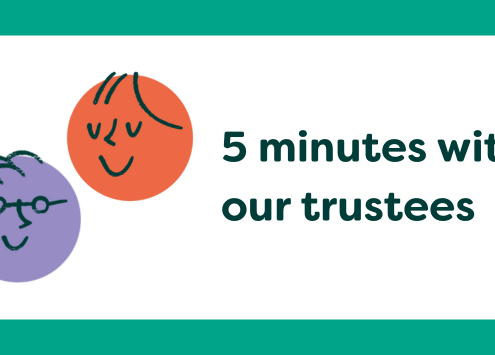
![Graphic with quote reading: “You met me at one of the most difficult times and seeing the difference you’ve made is amazing [...] Please keep doing what you do. You change lives.”](https://steponecharity.co.uk/wp-content/uploads/2025/04/Website-News-Headers-2024-33-495x355.png)
